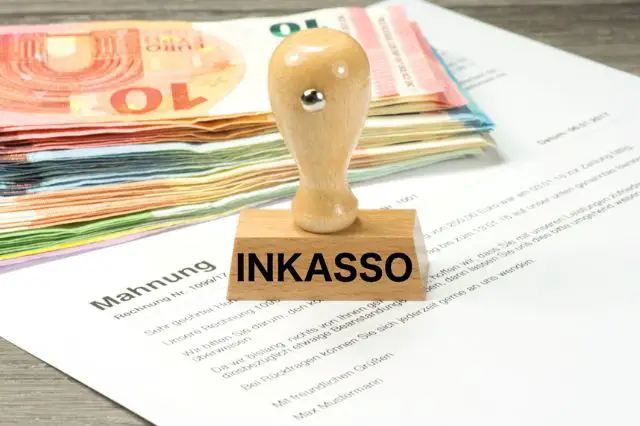
Debt collection: two words that are enough to make almost any grown adult shudder. To say that most of us dread ever having to deal with debt collectors is an understatement, really – for some, it’s their worst nightmare. I would consider myself amongst those numbers, quite honestly.
It’s just awful to have to deal with, and often, it happens at the worst possible time. The incessant calls, the letters, the bills – they pile up fast. In the end, going into default can end up costing you more than the entirety of the loan that you took out in the first place. Talk about a horrifying situation.
When we’re in that place, it can feel almost impossible to dig ourselves out of the hole of our debt. What are we supposed to do, right? Pay if off? It’s probably not as easy as that, considering how debt default happens in the first place.
As you can see in this article, it’s a bit of a complicated process. Even the definition of debt defaults seems to be something that most of us aren’t entirely certain on – sure, it’s something to be feared, but what exactly is involved? Is it even possible to emerge from the other side without completely decimating our financial future?
These are just some of the things that I’m going to try to tackle today. Since there’s a lot of ground to cover, I’ll get right into it. Be sure to stick around!
What Does it Mean to Default on a Credit Agreement?
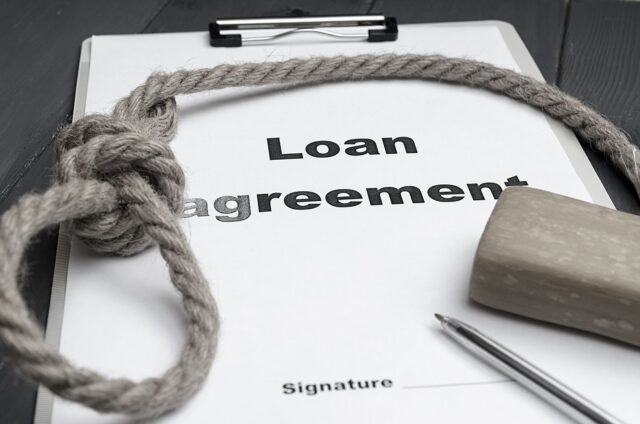
It’s easy to assume that the only way this happens is if you can’t make a repayment one month. This isn’t exactly the case, thank goodness. Of course, one way that you can enter a default status is to leave your bills unpaid for several payment periods in a row with little-to-no communication with your lender. When that happens, then you’ll probably end up here – but one missed month usually does not warrant such a harsh response.
However, the true definition is much broader. Any time that you breach your contract for your credit agreement, you are at risk of entering default. That doesn’t just include not making your payments on time, so keep that in mind. It’s important to be aware of all the clauses in your contract for this reason (amongst others, of course).
Now, there are a few different instances that fall under the umbrella of “defaulting.” The first instance that I described above is what we call a financial one. They’re probably the most common and can sometimes even be resolved by talking with your lender and working something out.
The other type is referred to as “technical,” and is where things get a bit more complicated. This page offers some information, https://www.whitehouse.gov/cea/written-materials/2021/10/06/life-after-default/, although there are plenty of other resources that you can take advantage of as well. While it is from a specific region, the information within is valuable no matter where you live.
What is in this category, then? It’s worth noting that one of them is purely for business borrowers. If a business changes who is holding the loan without any permission or agreement from their lender, that’s considered a breach of contract.
Returning to the consumer side of things, though, there are two other examples that are worth highlighting. The first has to do with income tax. Essentially, if you falsify anything to do with the loan on your taxes, that’s considered a “covenant” breach. The other is if the lender finds out that anything on your initial application was false and thus makes your contract null and void.
Obviously, most of the people who are looking to refinance their debts are probably going to fall under the category of financial defaulters. Admittedly, in other cases, refinancing may not be all that effective. However, don’t let that discourage you – you can always at least inquire with your lender about options (or look to another financial institution to do so).
What Happens
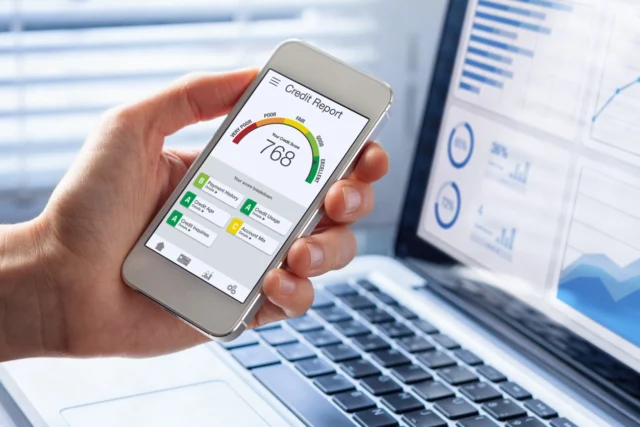
Besides the confusion surrounding what it means, I don’t think a lot of folks understand what happens when this occurs. You can get an idea if you are planning on refinansiering med inkasso, but sometimes you just need a little bit more information as well. There’s certainly no shame in that.
Unfortunately, if you find yourself approaching this situation (or are already in the throes of it), there are some pretty severe consequences. For one thing, it’ll hurt your credit score big time. I would even venture to say that it can be downright catastrophic – considering that credit scores are a way of demonstrating your credit history to lenders, defaulting is going to make it plummet.
Beyond that, though, it also opens you up to all sorts of other nasty things like lawsuits and even the chance that your lender starts taking away from your wages. By now, I’m sure you’re starting to see why people avoid this happening like the plague, and I really can’t blame them. Blogs like this one can give you a frightening image of what might happen if a default is left alone for long enough.
What Can You Do?
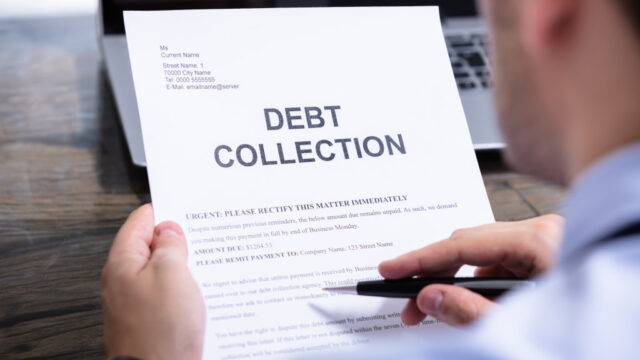
Unsurprisingly, during the covid 19 pandemic, the number of defaults that were happening started to skyrocket. As people lost their jobs and were stuck dealing with unemployment programs that were not always the most reliable, it became quite hard to follow through with financial obligations like loan repayments.
I think a lot of people were left scrambling, wondering what on earth their options are for solving this. When they were told that they could take out another loan to help mitigate the issues, I’m sure they were left with some…question marks, to say the least. It doesn’t really sound like the best solution, right?
Well, in order to qualify for these, there are some conditions that you have to fulfill. You can learn more about them here, https://time.com/nextadvisor/loans/personal-loans/defaulting-on-loans/, if you’re still feeling a bit lost. For one thing, there will probably be some sort of collections notice involved. Typically, they give a borrower roughly two weeks to pay off their balance before they are sent to debt collections.
If you are getting debt collection notices, though, it’s more of a reminder than anything else. One might even consider it to be a “warning” of sorts. If refinancing is something that is on the table for you, you’ll want to initiate that process during this stage of default. That way, you can prevent some of the bigger negative side effects from occurring.
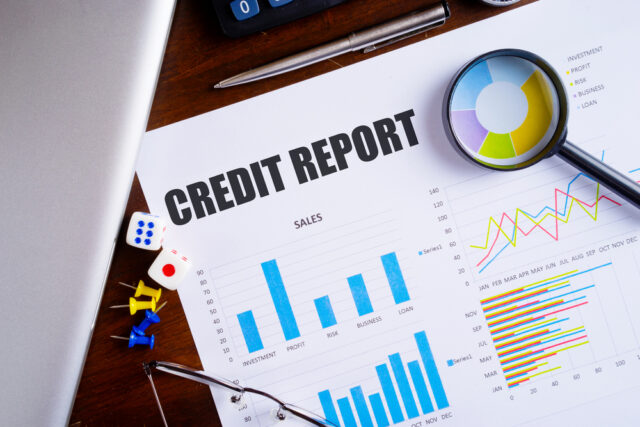
Unfortunately, it can be somewhat difficult to find a lender willing to work with you to refinance. After all, it will certainly be noted in your credit history that you haven’t been able to keep up with your current financial obligations. However, there are lenders (usually online ones, although some banks and credit unions do offer this) who specifically exist for this purpose.
When you’re applying, it’s not a bad idea to include some information about how you ended up defaulting on your previous loans and your plan to ensure that this doesn’t happen again. That will probably boost your approval odds (so long as your strategy seems sound, at least). Honestly, it’s probably best that you come up with a plan anyway so that you don’t just get into the same situation with the refinance loan.
Now, if you’re able to catch this early before you even get collections notices, that’s even better. You won’t have nearly as difficult a time finding a lender who will allow you to refinance your current debts with them. That age-old adage “prevention is the best medicine” can certainly be applied here.
The most important thing, though, is that you start this process before legal recovery is involved. Once that happens, you can’t really solve the problem in this way. Thankfully, though, with all the notices that we receive from our lenders, it isn’t likely that you’ll get to this point without plenty of warnings beforehand.
That means that in most cases, you’ll have plenty of time to sort out which financial institution you want to work with for refinancing, and what you want the new loan terms to be. Usually, folks aim to get a lower monthly payment the next time around so that they are less likely to run into this problem again down the line.









